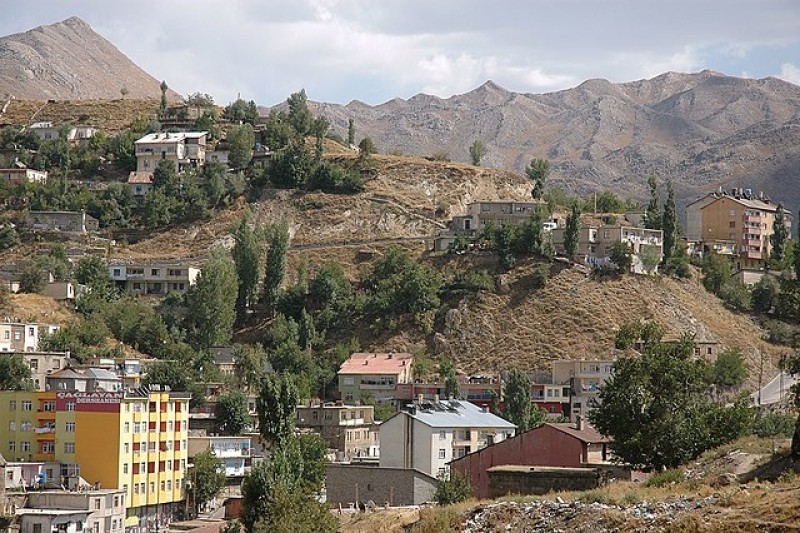The legislation, adopted in October this year, prescribes a one- to three-year sentence for anyone who publishes false information with the intent to “instigate fear or panic” or “endanger the country’s security.”
Critics said the law could lead to "arbitrary restrictions of freedom of expression," and it has been dubbed a “censorship law” among citizens.
Sinan Aygul, who is the chief editor of a local news website in the country’s Kurdish-majority Bitlis province and head of a local journalists’ society, was detained on Wednesday, a day after tweeting about a 14-year-old girl who had allegedly been sexually abused by a police officer and a member of the military.
A few hours later, in another Twitter thread, he said a local governor contacted him and said it was not true. Aygul issued an apology and retracted the story, but announced a few hours later on social media that he had been detained for “inciting the people to hatred and enmity.”
“It is not the journalist who should be arrested first! It is the harassers, the rapists,” he tweeted, with a hashtag saying “Journalism is not a crime.”
Aygul was sent to a courthouse that same morning and was arrested. He pleaded not guilty.
According to court documents reviewed by Committee to Protect Journalists (CPJ), authorities allege that Aygul’s tweet violated the disinformation law, which both CPJ and Aygul’s lawyer say is the first time a journalist has been prosecuted under the new criminal amendment in Turkey.
Aygul has previously been filed and jailed many times for exposing local incidents. The most recent incident was three months ago, when he was detained for insulting a public official in a story he wrote in 2014, exposing corruption and theft in Bitlis. He has written frequently about Kurdish oppression and corrupt practices such as nepotism in the southeast province.
The CPJ urged the authorities to release Aygul and “reform the country’s new anti-disinformation law to ensure that it is not used to harass and imprison members of the press.”



